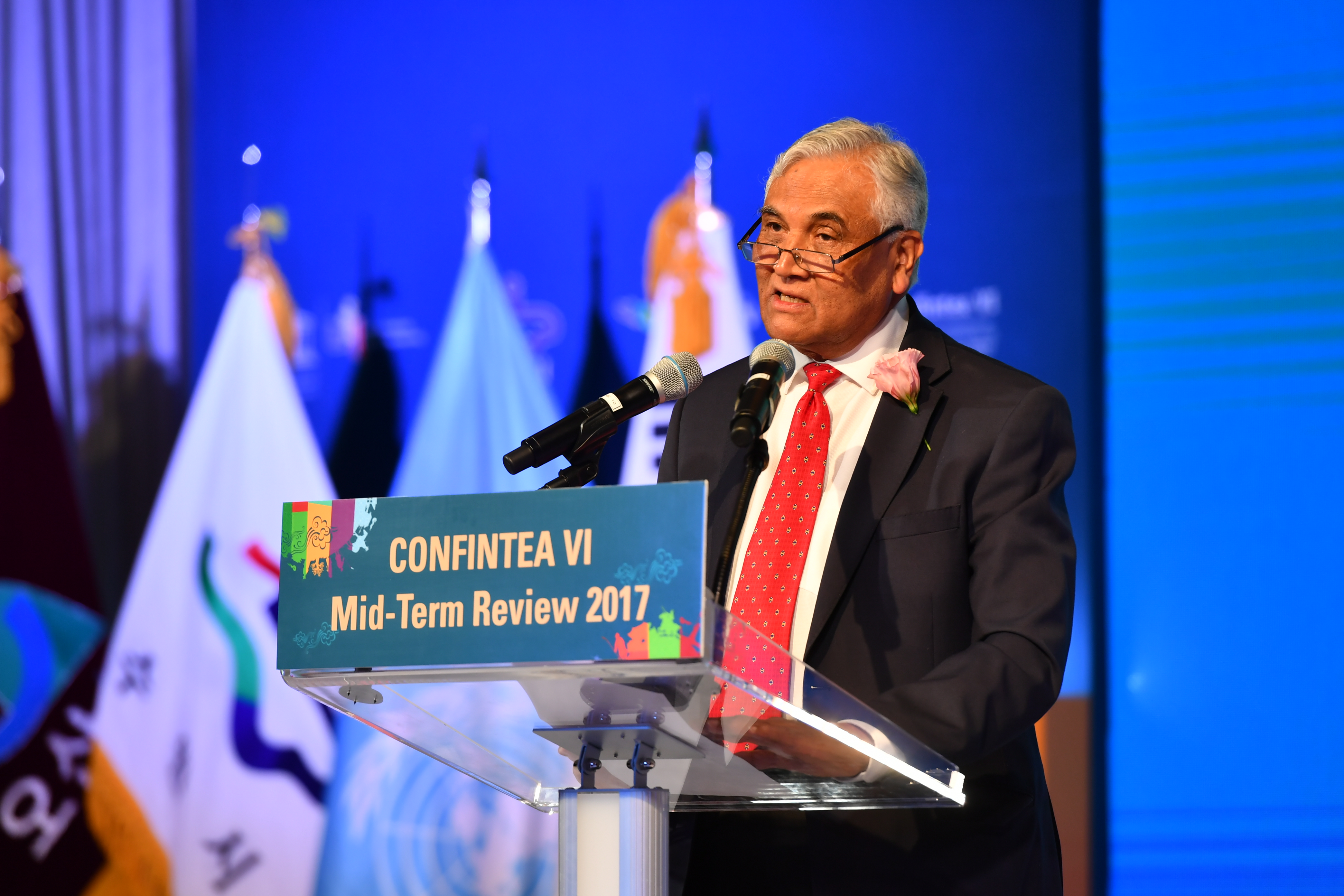
Kabir Shaikh on the power of conversation in a fragmented world
First published, 29 January 2018
It has been a joy and an honour for me to serve as interim director of the UNESCO Institute for Lifelong Learning (UIL) over the past five months. I leave with a strong impression of the wide significance of UIL’s work, and of lifelong learning more generally, and a powerful sense of an organization with a brilliant future, staffed by talented, enterprising people and guided by a committed and far-sighted board of governors.
I have two main observations from my time at UIL. First, lifelong learning has a hugely important role to play across a range of platforms and in the achievement of the 17 Sustainable Development Goals of the 2030 Agenda for Sustainable Development, yet understanding of this contribution is often low among policymakers, despite its growing prevalence in education discourse. And while there are many local and national politicians who get it, there are many, many more who do not.
Second, and relatedly, people working in and leading lifelong learning are often not particularly good at telling the world what it is they do. That is something I would like to see change. We should not wait for others to recognize the value in what we do. Instead, we should be bold and ambitious in offering the intellectual leadership that will be required if lifelong learning is to realize its potential contribution to social and economic renewal and sustainable development.
Above all, we need to put the case for lifelong learning as part of a broad, inclusive discussion about the kinds of societies we want to create. That is what I hope this new UIL blog will achieve. If we are to be true to our conviction that lifelong learning can make the world a better place, we must convince people, and that means talking more, among ourselves and to others, particularly those whose views differ from our own.
Social media can de divisive, reinforcing people’s prejudices and warping our understanding of complex issues. That is why it is so important that we cultivate common spaces, real and virtual, in which authentic dialogue can take place.
This is what I would like this blog to become: a common, inclusive space for debate about lifelong learning that does not merely reinforce the prejudices of readers but challenges them in the spirit of creating a shared understanding of what we want for our communities, cities, countries and regions, as well as globally. We need to acknowledge differences while aiming for a shared sense of where we, together, are going.
UIL’s vision is that all children, youth and adults should benefit from quality lifelong learning opportunities, within the framework of sustainable development and peace. Its mission is to strengthen the capacities of UNESCO Member States in the field of lifelong learning, while promoting lifelong learning as the leading educational paradigm for inclusive and sustainable learning societies.
This is important work. We have a destination in mind but we will not get there unless we take every opportunity to talk about and share what we do, while listening carefully to what others have to say. When we start a conversation, we make ourselves vulnerable – we open ourselves up to challenge. That can be a little daunting, especially when we are used to talking among ourselves, but it is essential if we are to find common ground and make a case for lifelong learning in a crowded policy world. Having the right answer does not count for much if you cannot connect with the people whose minds you need to change.
Kabir Shaikh was Director ad interim of UIL from September 2017 to January 2018.
